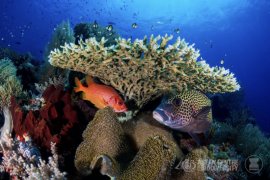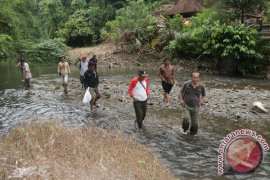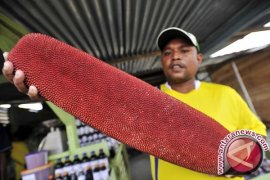Jakarta (Antara Bali) - The Indonesian parliament recently ratified the Nagoya Protocol on the usage of biological diversity and the Rotterdam Convention, which promotes shared responsibilities on the import of hazardous chemicals.
During the UN General Assembly Session in New York last September 24, Foreign Affairs Minister Marty Natalegawa handed down the two instruments of ratification to the UN.
The Nagoya Protocol on Access to Genetic Resources and the Fair and Equitable Sharing of Benefits Arising from their Utilisation (ABS) to the Convention on Biological Diversity aim to provide a transparent legal framework to ensure fair and equitable sharing of benefits arising from the utilisation of genetic resources.
The protocol was adopted on October 29, 2010, in Nagoya, Japan, and will come into force 90 days after the fiftieth instrument of ratification. Its objective is to ensure fair and equitable sharing of benefits arising from the utilisation of genetic resources, thereby contributing to the conservation and sustainable use of biodiversity.
Indonesia is the 21st country to ratify the Nagoya Protocol. To protocol requires the ratification by 29 more countries before it can be fully implemented.
Meanwhile, the Rotterdam Convention aims to promote shared responsibility over the trade of certain hazardous chemicals and pesticides in the international arena. (*/DWA)





